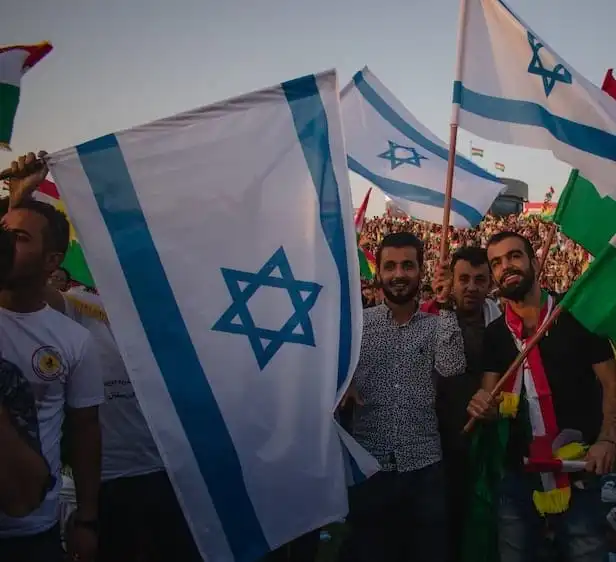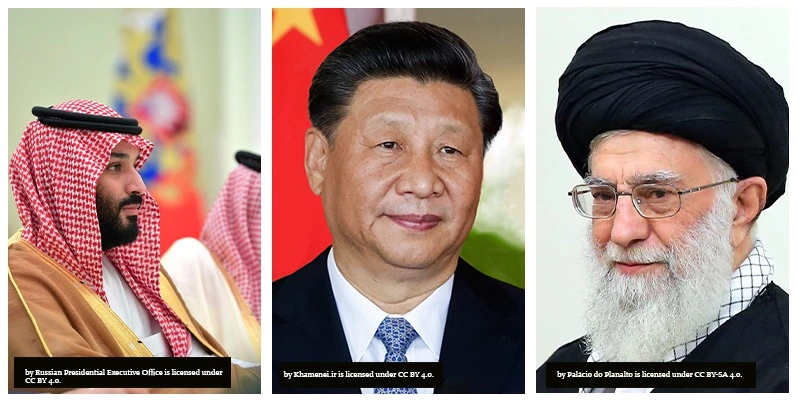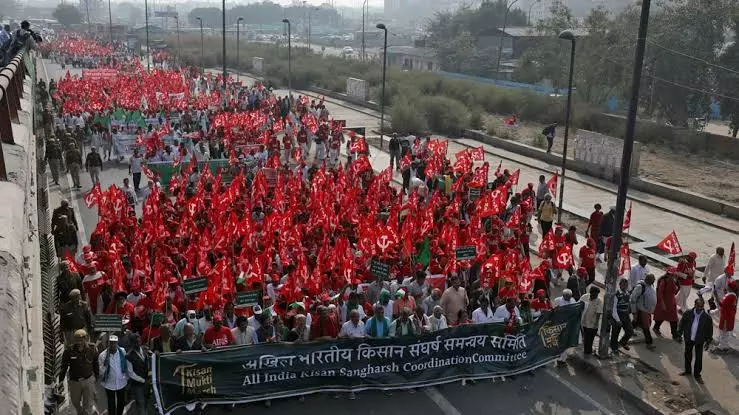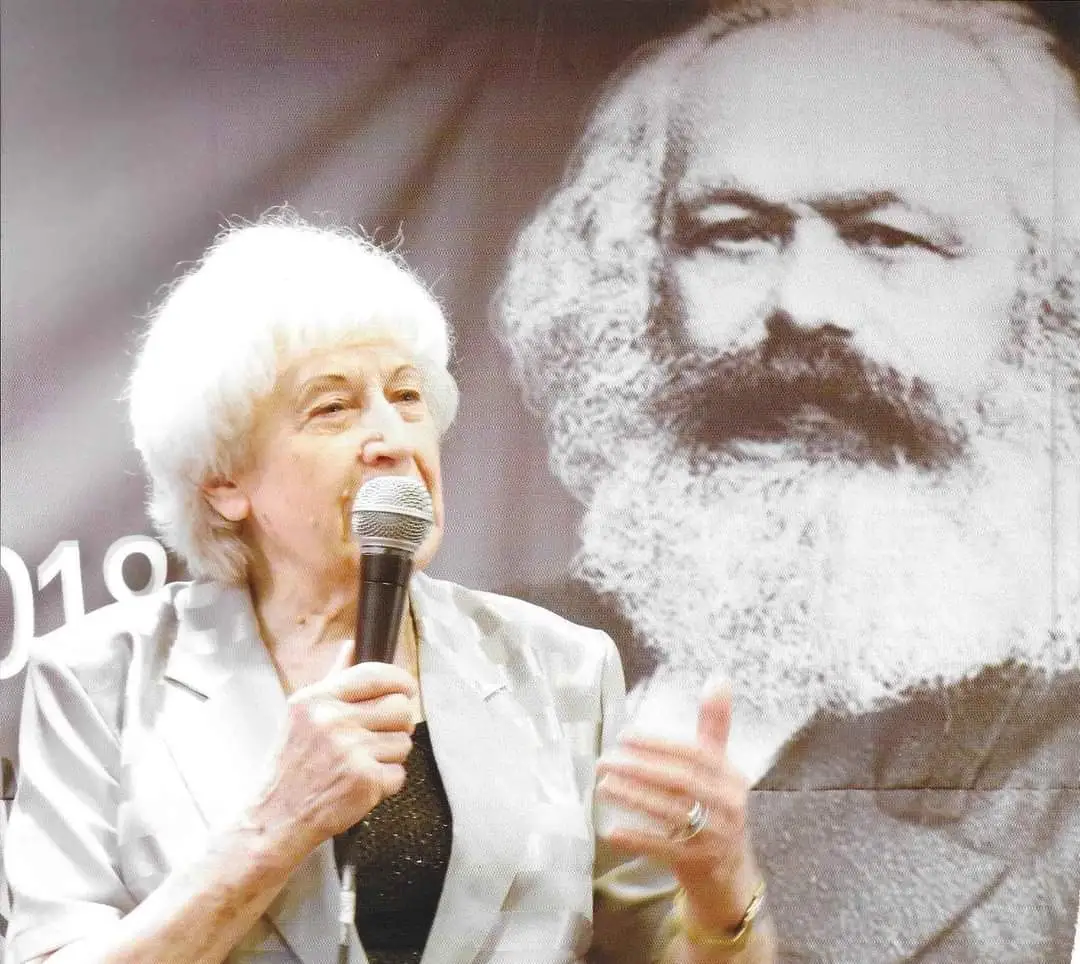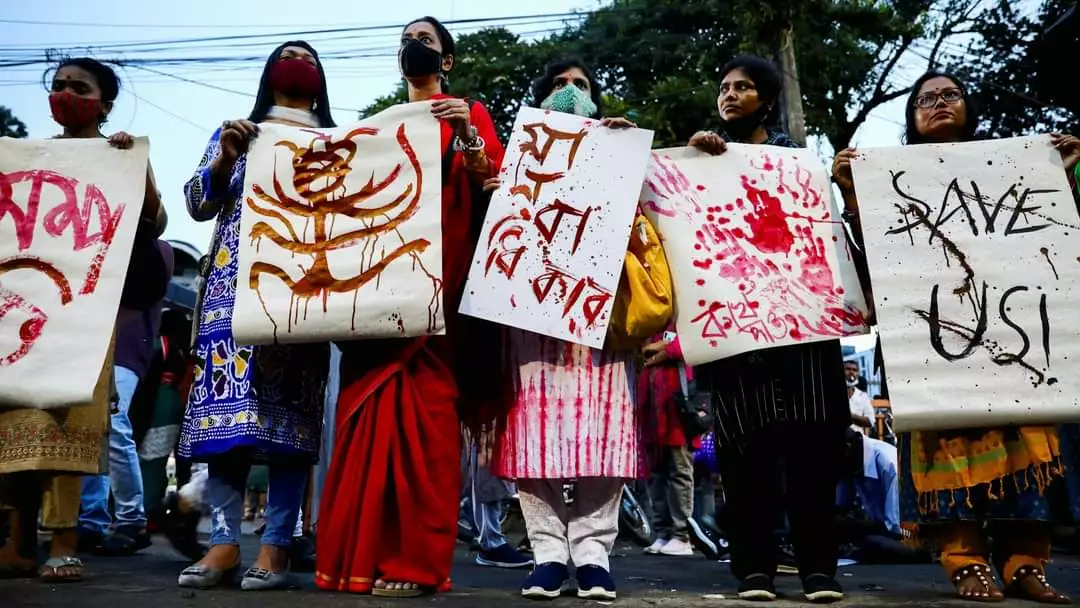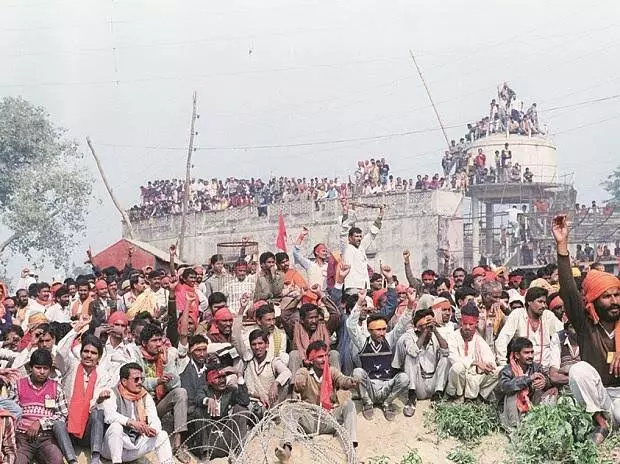Introduction
Debates about the levels of “antisemitism on the left,” and the relationship between antisemitism and anti-Zionism, crop up on a regular basis. About as regularly as Israel bombing Gaza, or “mowing the lawn” as the Israeli Defence Forces (IDF) describe the slaughter.
Following Jeremy Corbyn’s election to the Labour leadership in 2015, a narrative emerged about both him and his Labour Party being fundamentally antisemitic. This accelerated and widened after Corbyn’s surprisingly good electoral performance in 2017.
It was absurd: Corbyn is one of the most anti-racist politicians in these islands over the last 40 years. Further, complaints of antisemitism were directed against around 0.3% of Labour Party members; some of the charges were dismissed immediately, some of the accused just left, others were sent remainders regarding conduct. In July 2019, the party’s General secretary wrote in a published reply to the Deputy Leader that ‘antisemitism-related cases that have been taken through the stages of our disciplinary procedures since September 2015 relate to roughly 0.06% of the Party’s average membership during this time’.
Hardly a hotbed of antisemitism, but the absurdity of the narrative was successfully employed by the Israel Lobby and a compliant media that wanted Corbyn to fail. Some are trying to develop an equally absurd narrative: that of a leftist, secular “early years” Zionism, often Marxist in character and committed to Jews and Arabs working together in Palestine in pursuit of common goals, including the proletarian revolution for the Marxist element. An inclusive Zionism, corrupted later by war and right-wing influences.
This approach seeks to rehabilitate the essence of Zionism, it posits that failure to take an appropriately nuanced view of the doctrine leads to a questioning of Israel’s legitimacy as a state, i.e. that it’s a settler colony formed by the ethnic cleansing of the Arabs. However, it is a settler colony, it was formed by ethnic cleansing of Arabs, and Zionism is a racist creed in concept, theory and practice.
There are people who try to discredit this view by highlighting its similarity to parts of the Hamas Charter. This is cheap and intellectually dishonest. The above analysis is highly defensible with reference to the facts, and you do not have to subscribe to everything that Hamas believes in order to share that view. This is just another attempt to associate opposition to Israel with antisemitism and terror.
Many people are now terrified of being accused of this antisemitism, this was the collateral damage of the success of the attack on Corbin. A life lived in fear is a life half-lived, we can’t allow ourselves to be frightened of condemnation from a Lobby that works for an apartheid state, this just helps the latter get away with murder, literally.
In 1895, Herzl, the founder of modern, secular Zionism, wrote in his diary:
We must expropriate gently the private property on the state assigned to us. We shall try to spirit the penniless population across the border by procuring employment for it in the transit countries, while denying it employment in our country. The property owners will come over to our side. Both the process of expropriation and the removal of the poor must be carried out discretely and circumspectly. Let the owners of the immoveable property believe that they are cheating us, selling us things for more than they are worth. But we are not going to sell them anything back.
This was written a year before the publication of his Der Judenstaat pamphlet in 1896, that advocated the creation of a state of the Jews in Palestine. He may have advocated doing it “gently,” though denying the indigenous people employment opportunities doesn’t sound that gentle, and through buying up the land from the wealthy owners; but this statement makes it very clear that Zionism was all about creating a predominately Jewish state via forcing out the Arab population, an inherently racist endeavour in the tradition of European colonialism. The Arabs are referred to here as “the penniless population.”
So, depriving poor people of employment because they are the wrong religion, then kicking them out of their homes: that’s not any sort of socialism as we understand it.
At the time of the 1947 UN resolution that recommended partition, Arabs remained in possession of approximately 85% of the land while Jews owned less than 7%. Herzl’s plans did not come together. The population of Palestine at the end of 1946 was estimated to be almost 1,846,000, with 1,203,000 Arabs (65%) and 608,000 Jews (32%).
Despite these facts, the UN proposed that the Arab state be constituted from only 44.5% of the whole of Palestine, while the Jews would be awarded 55.5%. A total disgrace that the Palestinians and Arab states rightly rejected: this precipitated the ethnic cleansing of Arabs by the Jewish forces and the war that led to the formation of the state of Israel.
The Soviet Union supported the resolution as did the loyal British Communist Party. Realpolitik drove the Soviet decision, they thought that Israel would be a good, anti-British ally. This did not work out well and the Soviets gradually moved to support the Arab camp. People on the left who cite Soviet support for the travesty of that UN resolution in order to defend the Zionist idea should remember two things: not everything that the Soviet Union did was right; and that it went against Lenin’s strong opposition to Zionism.
A Land Without a People, a People that Mattered
As Nur Masalha writes in his Expulsion of the Palestinians: The Concept of "Transfer" in Zionist Political Thought, 1882-1948:
It should not be imagined that the concept of transfer was held only by maximalists or extremists within the Zionist movement. On the contrary, it was embraced by almost all shades of opinion, from the Revisionist right to the Labour left. Virtually every member of the Zionist pantheon of founding fathers and important leaders supported it and advocated it in one form or another, from Chaim Weizmann and Vladimir Jabotinsky to David Ben-Gurion and Menahim Ussishkin. Supporters of transfer included such “moderates” as the “Arab appeaser” Moshe Shertok and the socialist Arthur Ruppin….More importantly, transfer proposals were put forward by the Jewish Agency itself, the government of the Yishuv.
When Zionists like Israel Zangwill and Chaim Weizmann - later to become the first president of Israel - talked about “a land without a people, and a people without a land,” they were not being literal, they knew there were people there, they were just not people they regarded as equally human as they were. Nor was the suffering of these untermenschen seen to be as important as that of the Jewish people.
As Masalha puts it:
They did not mean that there were no people in Palestine, but that there were no people worth considering within the framework of the notions of European supremacy that then held sway. In this connection, a comment by Weizmann to Arthur Ruppin, the head of the colonisation department of the Jewish Agency, is particularly revealing. When asked by Ruppin about the Palestinian Arabs, Weizmann replied: “The British told us that there are some hundred thousands Negroes (Kushim) and for those there is no value.”
Zangwill himself elucidated on the concept with true colonialist clarity in 1920:
If Lord Shaftesbury was literally inexact in describing Palestine as a country without a people, he was essentially correct, for there is no Arab people living in intimate fusion with the country, utilising its resources and stamping it with a characteristic impress: there is at best an Arab encampment.
Two classic imperialist and racist tropes are at play here: denial of a full shared humanity to the indigenous people, and the lie that those people did nothing with the land.
Asher Avi Ginsberg, a Russian Jew who visited Palestine in 1891, was very critical of the ethnocentricity of Zionism and the exploitation of the local people by the Zionists. He observed that the “pioneers” believed that:
...the only language that the Arabs understand is that of force
(writers’ note: plus ça change, plus c'est la même chose)..
(They) behave towards the Arabs with hostility and cruelty, trespass unjustly upon their boundaries, beat them shamefully without reason and even brag about it, and nobody stands to check this contemptible and dangerous tendency.
Nobody stands to check them today either. Plus ça change, plus c'est la même chose
Some people adduce the spirit of Ber Borochov and the Poale Zion movement with which he is associated, in an attempt to restore Zionism’s leftist credentials. Borochov, who died in 1971 may have advocated a harmonious and revolutionary relationship between Arabs and Jews in Palestine, but he was hardly in the mainstream of Zionism and his views on the Arab population betray, at the very least, an imperialist mindset. He felt that the people he called “natives of Palestine” lacked any culture of their own and did not have any outstanding national characteristics.

They easily and quickly adopt any imported cultural character higher than their own; they cannot unite in organized resistance against external influences, they are not capable of national competition….(therefore) the natives of Palestine will assimilate economically and culturally with whoever brings order into the country and undertakes the development of the forces of production of Palestine.
If trying to convince that Zionism is not inherently racist, then Borochov is not the man to invoke.
The Poale Zion movement was ridden with factionalism until it faded away and became assimilated with other organisations. Many of the factions shared Borochov’s vision of cooperation (and his patronising attitude to the “natives”) though many did not, and the Borochov tendency remained a minority view in Zionism. The British Poale Zion affiliated to the Labour Party in 1920; It renamed itself the Jewish Labour Movement in 2004, and is a strident apologist of Israel.
The Histadrut, or the General Organization of Workers, formed in Israel in 1920 was a racist, Zionist organisation that would not accept Arabs.
Its main role under the British Mandate period (1920-1948) was to bring the Jewish work force under its control in order to ensure no solidarity or integration occurred between Palestinian and Jewish workers - a policy it called “Labour Zionism.” Led by David Ben-Gurion, the future Israeli Prime Minister and Labour Party leader, it actively promoted racial discrimination and boycotts. As an organisation it refused to countenance having Palestinians and Jews together in the same union: Ben-Gurion called it “the evil of mixed labour.”
It actively broke up unions like the Union of Railway, Postal and Telegraph Workers which had a mixed Jewish and Arab Palestinian membership. As it established its own companies, eventually becoming the second largest employer in the country, it refused to employ non-Jews. Similarly, it lobbied the British authorities for separate pay rates for Jews and Arabs and did what it could to undermine Palestinian trade unions, lobbying against them on the grounds that they were separatist, exclusionary and against the spirit of workers’ solidarity. Without any sense of irony.
The Fruits of Zionism
The racist and colonialist creed of Zionism found its expression in the ethnic cleansing of Palestine in 1948 that inflicted the Nakba on the Palestinian people. (See Ilan Pappe’s The Ethnic Cleansing of Palestine for an account of what happened and why). Its realisation continues today with the increasingly brutal colonisation of the West Bank and an 18-year blockade of Gaza, punctuated by various episodes of “mowing the lawn,” i.e. slaughters of innocents through bombing and land invasion. At the time of writing, over 11,000 people have been killed in Gaza in Israel’s response to the Hamas attacks of 7 October, including over 4,000 children.
It has to be remembered that the excesses of the 1948 ethnic cleansing, the Suez war in 1956 that resulted in the massacre of 400 Palestinians in and around Khan Yunis, and the 1967 land-grabs, all took place under regimes led by the Israeli Labour movement.
Zionist violence has not just been the province of the Ze’ev Jabotinsky “revisionist” school of Zionism that found its inheritors in Likud. Jabotinsky was a right-wing, Mussolini-supporting Zionist who rejected any form of peaceful co-existence with the Arabs. Zionist apologists attempt to sanitise the creed by attributing its excesses to the triumph of the Zabotinsky faction and the growth of Likud. Analysis of the theory and practice of Zionism, and the statements of its leaders going back to Herzl, shows this to be nonsense: Jabotinsky may have been extreme but his views were not aberrant within Zionism.
There are brave people and organisations within Israel that fight the dominant culture and speak up for the Palestinians. There were similarly brave people inside the white population of racist South Africa who fought against the regime, including many Jews inside and outside the Communist Party: their existence did not make it any less of an apartheid state. Most opponents of Israel recognise that not all Israelis believe in everything that the state does. However, many do, and many have racist attitudes afforded by the supremacist creed of Zionism that have been hardened by years of conflict.
According to a poll in the summer of 2022, 62% of Jewish Israeli voters identified as right-wing. Among young people aged 18-24, that number rose to 70 percent. This is why Netanyahu is Prime Minister, with some seriously racist people in his cabinet.
A Personal Detour
I did some martial arts training in Israel in the earlier part of the century, I also trained with Israelis across a variety of European locations earlier in the century and have direct experience of the racism endemic in Israeli society. It should be noted that many of the American students on the course on Israel were as racist, if not more so, as the Israelis.
In a Law Enforcement Instructor course in Budapest, one of the instructors described a set of Israeli police tactics in an urban environment. These shocked most of the students, many of whom were eastern and central European cops, not the most liberal or “shockable” audience.
In Israel, this particular martial arts style is not taught to Arabs. “We are at war and they are the enemy” was the terse explanation. When we arranged seminars in London, some were very dubious about teaching Muslims, and one of the instructors regularly made unpleasant comments about the number of Muslims in London (It was all this that set me on the path of becoming a campaigner for Palestine).
Like most things, Inter-community relations in Israel are more complex than you might think. One of the instructors was a Mizrahi Jew. Mizrahis are descendants of the Jews who lived in North Africa and the Middle East and whose ancestors did not reside in Europe. Many of the still dominant Ashkenazis, those who trace their descendants back to central or eastern European Jews, look down upon the Mizrahis and it shows in their behaviour.
When this guy took us out for a drink after training it was to an Arab restaurant. He was very pro-Israeli but basically a good guy who probably felt more comfortable with his Arab mates than with the Ashkenazi; and he was right, the Arab food is also a lot better.
Ashkenazi - Mizrahi relations have long been another cleavage in a fundamentally racist society. See Ilan Pappe’s The Idea of Israel for a good history of this, and other lesser-known, aspects of Israeli life.
Conclusions
Condemnation of Zionism in theory and practice does not mean that you are an antisemite, it means that you are a regular, anti-racist human. Similarly, denying Israel’s right to exist as a racist, expansionist state that brutalises the Palestinians and regularly attacks its neighbours is not antisemitic. Denying white South Africa’s right to exist as an apartheid state was never condemned as “anti-white” or “anti-Dutch,” except by right-wing racist supporters of Pretoria.
Why is it antisemitic to suggest that Israel should cease to be a sectarian state that discriminates against people and kicks them out of their homes because they are not Jewish? That Palestinians and Jewish people should enjoy equal rights in the state that succeeds the currently unsustainable and murderous status quo? That Zionism was always doomed to fail in its basic purpose of providing a safe haven for Jewish people, because you cannot achieve that by stealing someone else’s country and continuing to brutalise and colonise the descendants of the people that you displaced?
The Long Death of the Two-State Solution:
On a personal basis, we think the idea of the two-state solution is dead, along with the majority of Palestinians.
Some 67% of Palestinians oppose the two-state solution, citing settlement expansion as a key reason for their scepticism.
Plus, a growing dissent against the lack of implementation of the Oslo Accords – a pair of agreements signed in 1993 to ensure the "right of the Palestinian people to self-determination" – and Israel’s use of coercion in the occupied territories has only made matters worse.
Any two-state solution to which Israel agrees will ensure the dominance of an aggressive, sectarian, predominately Jewish state which will have an interest in keeping any Palestinian entity dependent, poor, and without a military. At some point, and through some means, Israelis should be forced to accept a democratic, secular Palestine in which Arabs and Jews would live without discrimination. This state’s constitution could enshrine the right of Jews seeking a safe haven to immigrate; this is not the same thing as allowing 60,000 American Jews to occupy Palestinian territory and terrorise the indigenous people.
If Self-Determination Means Apartheid…
The Jewish American writer Peter Beinart sums up some of the issues nicely:
(the idea that)…opposing Zionism is antisemitic because it denies to Jews what every other people enjoys: a state of its own. “The idea that all other peoples can seek and defend their right to self-determination but Jews cannot,” declared US Senate minority leader Chuck Schumer in 2017, “is antisemitism.”
As David Harris, head of the American Jewish Committee, put it last year: “To deny the Jewish people, of all the peoples on earth, the right to self-determination surely is discriminatory.”
All the peoples on earth? The Kurds don’t have their own state. Neither do the Basques, Catalans, Scots, Kashmiris, Tibetans, Abkhazians, Ossetians, Lombards, Igbo, Oromo, Uyghurs, Tamils and Québécois, nor dozens of other peoples who have created nationalist movements to seek self-determination but failed to achieve it.
Yet barely anyone suggests that opposing a Kurdish or Catalan state makes you an anti-Kurdish or anti-Catalan bigot. It is widely recognised that states based on ethnic nationalism – states created to represent and protect one particular ethnic group – are not the only legitimate way to ensure public order and individual freedom. Sometimes it is better to foster civic nationalism, a nationalism built around borders rather than heritage: to make Spanish identity more inclusive of Catalans or Iraqi identity more inclusive of Kurds, rather than carving those multi-ethnic states up.
You’d think Jewish leaders would understand this. You’d think they would understand it because many of the same Jewish leaders who call national self-determination a universal right are quite comfortable denying it to Palestinians.
https://www.theguardian.com/news/2019/mar/07/debunking-myth-that-anti-zionism-is-antisemitic
The idea of the “Jewish people” is a relatively new one and was constructed for a reason. Outside the scope of this article, but this book by an Israeli historian is illuminating:
https://www.versobooks.com/en-gb/products/2103-the-invention-of-the-jewish-people
In the same article, Beinart goes on to make the point that it’s not bigoted or antisemitic “to try to turn a state based on ethnic nationalism into one based on civic nationalism, in which no ethnic group enjoys special privileges.”
Putting it less tactfully than Beinart. The Israelis say that the opponents of Zionism want to deny the universal right to a homeland only to the Jews. The Zionists shamefully believe that this universal right to which they are entitled somehow entitles their racist behaviour towards the Palestinians. As well as attempting to justify their apartheid state with this spurious claim, they ignore internationalists like Rosa Luxemburg, a visionary Jewish Marxist thinker, who denied the existence of any such right…Maybe a subject for another paper.
Sumud - The Will to Resist:
There are many forces that militate against a peaceful solution in Palestine. These forces will be strengthened if people are scared to speak the truth for fear of having the ‘antisemite’ slur cast at them, and their views being damned as those of terrorists.
The weaponization of antisemitism, reinforced by the dubious exculpation of Zionism as a fundamentally racist creed, cannot be allowed to win: the Palestinian people deserve better, much better.
Editor's Note:
The views and informations expressed in the article are solely those of the author and may or may not reflect the views of The International. We believe in providing a platform for a range of viewpoints from the left.
"The International" belongs to you.✕
Please take a moment to read this. We apologize for any interruption, we want you to know "The International" seeks your valued support at this time. We've proudly served as a pioneering online platform, delivering ad-free media content. With only 2% of our readers opting for a subscription, any contribution you choose holds immense significance—whether it's an annual fee of $25 or a monthly payment of $2.5. — The "The International" Team, committed to providing you with enlightening perspectives. We want to highlight that this sum is even less than what you'd spend on a cup of coffee, yet it greatly aids in sustaining our efforts to perpetuate and enhance your esteemed initiative.
